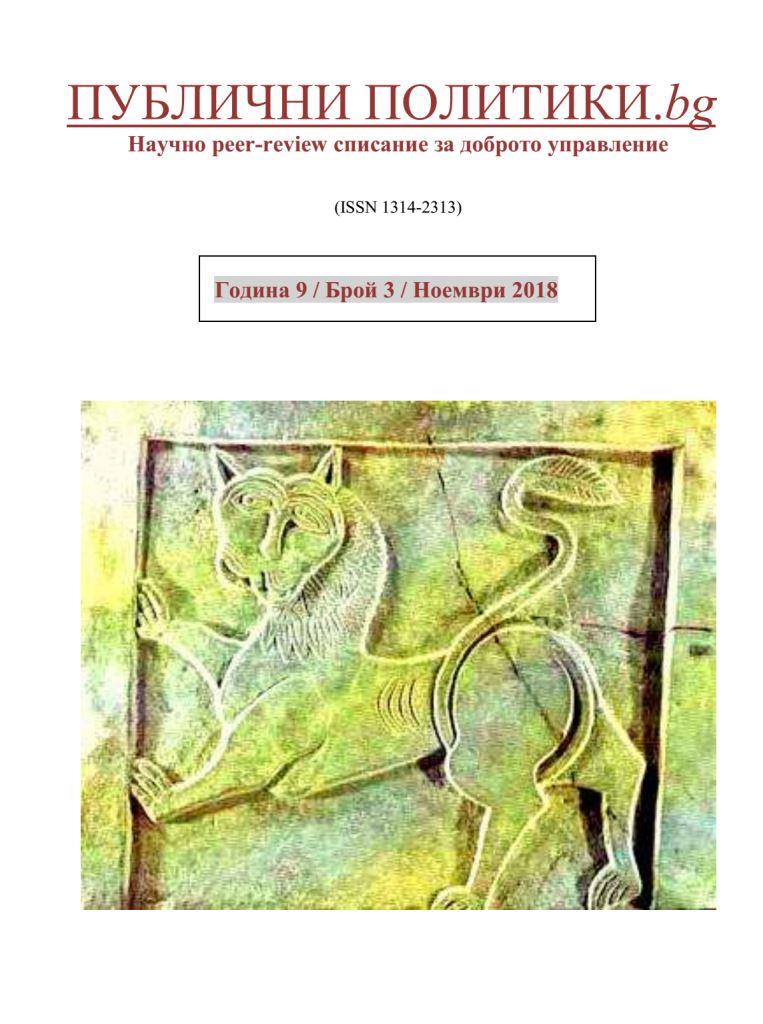РЕГИОНАЛНИ ИЗМЕРЕНИЯ НА СЕЛСКАТА ДЕПОПУЛАЦИЯ В БЪЛГАРИЯ СЛЕД 1944 Г.
REGIONAL DIMENSIONS OF THE DEPOPULATION OF RURAL AREAS IN BULGARIA SINCE 1944
Author(s): Nikolay TsekovSubject(s): Politics / Political Sciences, Governance, Public Administration
Published by: Софийски университет »Св. Климент Охридски«
Keywords: public administration; public policy.
Summary/Abstract: Rural depopulation is a significant problem that has left a clear footprint on the socio-economic development of all developed countries during the period of their intense industrialization. In some, the depopulation of farmlands often has a history that has lasted more than a century. In Bulgaria, the escalation of this social evil has been reached in the second half of the last century and continues to this day. The depopulation survey requires the application of labor-intensive and methodologically poorly developed approaches and methods. That is why researching works on the subject are still very rare not only in Bulgaria but all round in the world. Rural depopulation It should be borne in mind that the consequences of the depopulation process are related to a serious deterioration of the prospects for demographic and socio-economic development in the national and especially regional aspect. This circumstance should be embedded in the national development strategies of Bulgaria and in the Program for the development of its rural areas as an overriding obstacle to the achievement of the goals set in these documents. The emphasis in the proposed article is on the formation of regional poles of rural depopulation after WWII. The basic geodemographic features of the highly depopulated regions in the country have been revealed together with the prospects for their territorial expansion in the short and medium term.
Journal: ПУБЛИЧНИ ПОЛИТИКИ.bg
- Issue Year: 9/2018
- Issue No: 3
- Page Range: 44-56
- Page Count: 13
- Language: Bulgarian

